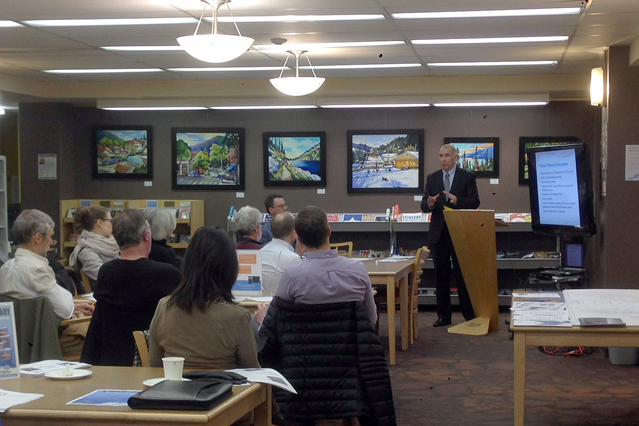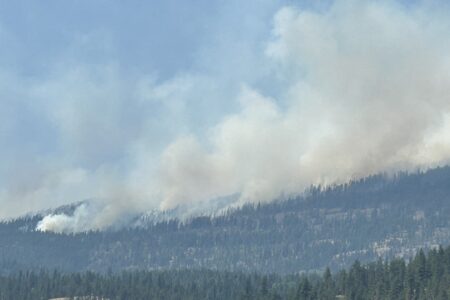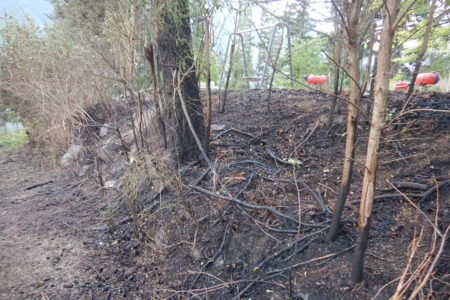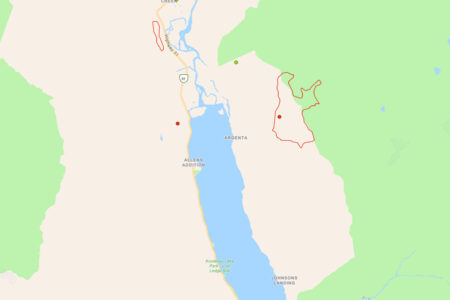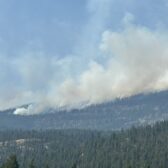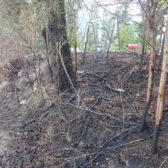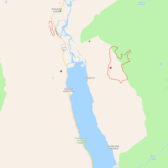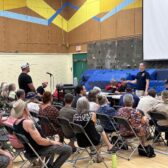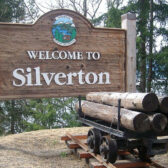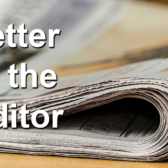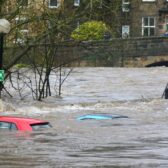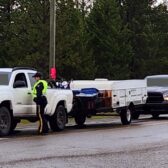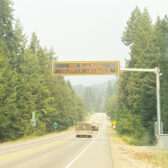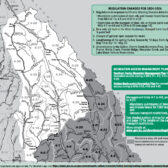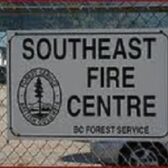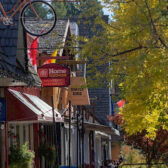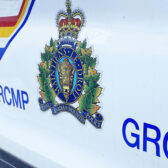Property taxes set to rise three per cent as city delivers its proposed 2018 budget
The cost of owning property in Nelson will be going up again this year.
A three per cent average overall property tax increase was recommended by city council on Wednesday night at a special city meeting at the Nelson Public Library to deliver the 2018-2022 proposed draft financial plan.
In an effort to prop up an aging inventory of buildings, the building reserve could account for 1.25 per cent of the increase for 2018 as the city attempts to preserve its real estate for the future, the city’s chief financial officer Colin McClure said in a budget open house and question period.
In order to enhance the sustainability of city services and infrastructure the city is committing an additional $120,000 to make an ongoing $300,000 annual contribution to the building reserve, he said in his report.
“We hope that as we get on top of our infrastructure we will get there (with the building budget) as well,” McClure said.
Overall, in addition to the property tax increase ($49 annual increase, based on a $392,861 home) to $1,699, city council has formulated a two per cent increase ($11 annual increase) in water rates per home, as well as 1.5 per cent ($7 annual increase) in sanitary sewer rates for a home.
There will also be a 2.25 per cent increase in Nelson Hydro rates effective April 1 (an increase of around $2.30 per month). There will be no change in garbage and recycling fees since the city is currently receiving $134,000 annually from Multi-Material B.C. to collect recycling, enough to fund the operation.
Not including the power rate increase, the city’s residential taxpayers will pay an average increase of $67 to the city — rising from $2,768 (2017 actual) to $2,835 (2018 proposed).
Businesses in the city — which make up 25 per cent of the tax role — will see an average increase of $313 per year. Based on a $1 million assessed value commercial restaurant, property taxes rise from $11,739 (2017) to $12,053 (2018 proposed).
The increase does not include possible tax increases assessed by the regional district, the health region, the board of education and the province which the city also collects for.
The increase in property taxes will cover a $270,000 proposed increase in expenditures for the city, including an increase in allocation to the equipment reserve ($70,000), the addition of 2018 election expenses ($20,000) and an addition of $100,000 to the proposed city emergency operations centre staffing and supplies. As well, the city is planning a $120,000 increase to the building reserve.
“Infrastructure has been a focus for council for over 10 years and that has continued with this council,” said McClure.
All city operational revenue is close to $43 million, with total operational expenses around $38 million.
The general fund operational expense is budgeted at $20.7 million in 2018, funded by $10.2M in taxation (approximately a two-to-one ratio).
A one per cent increase in taxation produces about $85,000 to cover operational expenditures.
The dividend from Nelson Hydro to city operations is equal to a 34 per cent tax increase. Nelson is the only municipality in Western Canada that generates and distributes electricity.
In 2018 Nelson Hydro is expected to contribute $2.75 million to city operations, $671,431 to the water licence reserve, $90,000 to the Nelson and District Community Complex and a share of the city administration costs.
New market construction taxation revenue generation for 2016 is expected to be $77,000, while the Nelson Hydro dividend to operations increased by $54,000.
The 2018 city capital budget is $18.4 million — including general, water, sewer and Nelson Hydro.
The overall capital plan includes $8.3 million for water, sewer and hydro, with the continuation of the water main replacement, as well as securing a secondary water source for the city. The hydro transmission system upgrades will continue, as will the power pole replacements.
The second phase of the Hall Street project highlights the $10.1 million general capital fund, as well as a police radio communications upgrade, city building improvements and vehicle and equipment replacements.
In 2017 the city conducted a facility analysis that identified the need to invest $1.5 million to $2 million per year to maintain its buildings, said McClure.
Non-utility statutory reserves — set up through bylaw for a specific purpose — at the end of 2016 was approximately $7.3 million.
Appropriated surplus at the end of 2016 was $2.2 million.
The city still carries $15.7 million in general and utility debt, with $8.4 million in general debt. Only $1.1 million is supported through general taxation.
McClure said city council endeavoured to provide the same level of service for 2018 as it had in 2017 in delivering its status quo budget.
The final 2018 tax totals will be known in the next couple of weeks, said McClure.
Budget process
Municipalities in B.C. are required by legislation to have a balanced budget, and the City of Nelson does.
This means that no debt can be incurred to fund the basic operating expenditures. Debt can only be used to fund capital projects, such as buildings, road construction, water, sewer and drainage works.
The budget outlines how the money that comes into the city should be spent to maintain and improve the city.
For more information
The presentation on the City of Nelson’s financial plan may be viewed on the city website at http://www.nelson.ca.



